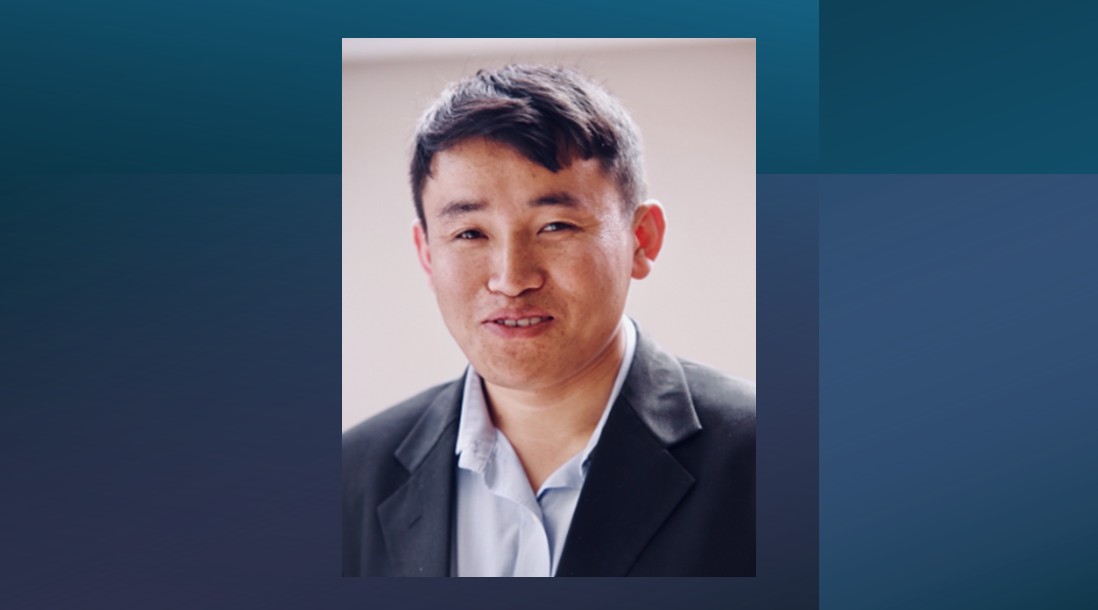“Modeling of Public Schools: Neoliberal Ideologies, School Gentrification, and the Erasure of Linguistic Diversity in Nepal”
This powerful and timely article published in Comparative Education Review examines how global neoliberal ideologies are reshaping the landscape of public education in Nepal. Drawing on theories of school gentrification and policy sociology, the article explores how the model school policy to achieve Sustainable Development Goals (SDG) is reproducing neoliberal ideologies, reinforcing social injustices and inequities. The article also reveals the growing phenomenon of elite capture in the governance of public schools.
Interview with Professor Prem Phyak
What first sparked your interest in this topic?
“The idea of 'model school' itself sparked our interest in this topic. We were curious to know how the government is reforming public schools as models in the context of growing debate on the quality of public education. Therefore, we closely observed school culture, governance, and policy and talked to teachers, students, and parents to understand the ideologies shaping the modeling of public schools.”
What’s one thing you hope readers take away from this paper?
“We hope readers find critical perspectives to examine how national policies and plans to achieve international education goals reproduce inequalities and social injustices. They would know how educational development plans reinforce elite capture and linguistic injustice.”
What was the most surprising thing you discovered during your research?
“We found that model schools are increasingly borrowing neoliberal strategies of private schools, affecting the equity and access of historically marginalized ethnic minorities and low-income families.”
A New Form of Educational Inequality
Drawing from ethnographic research of two model schools, the article reveals how public schools in Nepal are increasingly adopting English-medium instruction and privatized school models as a way to “modernize” and ‘model’. While these shifts are promoted as improvements, they often serve to exclude local languages and marginalized voices—especially those of students and parents from Indigenous/ethnic minority and working-class backgrounds.
The Cost of ‘Improvement’
The article highlights how the adoption of English and elite schooling norms leads to what authors describe as “school gentrification”—a process through which public schools mimic private institutions to attract middle-class families. However, this shift results in the erasure of Nepal’s rich linguistic diversity and the devaluation of students’ home languages in formal learning spaces.
Reclaiming Inclusive Education
Through this critical lens, the article calls on educators and policymakers to question whose knowledge and languages are being legitimized in public education—and at what cost. Their work urges us to critically assess how reform policies, in the name of global educational movements (e.g., SDG), rooted in neoliberal logics can deepen exclusion even when they claim to promote quality or progress.
Read the full article here:
Modeling of Public Schools: Neoliberal Ideologies, School Gentrification, and the Erasure of Linguistic Diversity in Nepal - Published in Comparative Education Review, Vol. 69, No. 1, February 2025.
